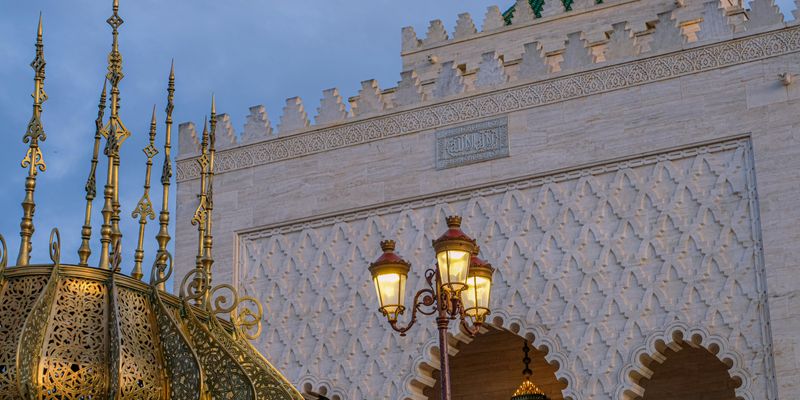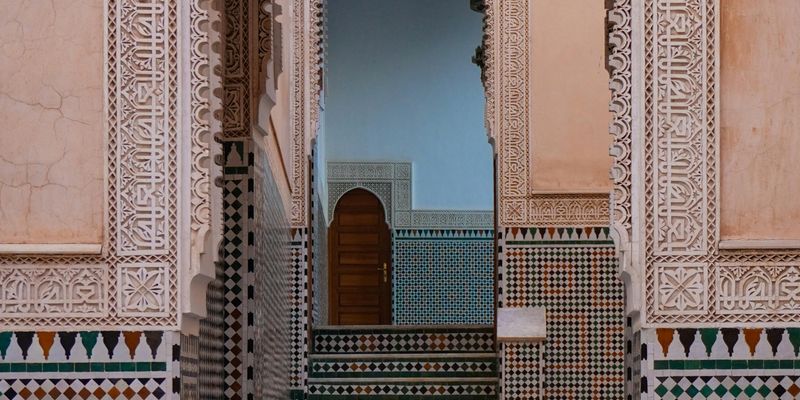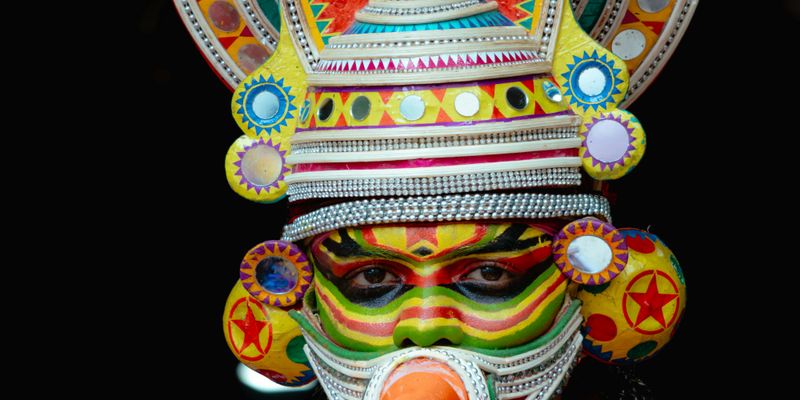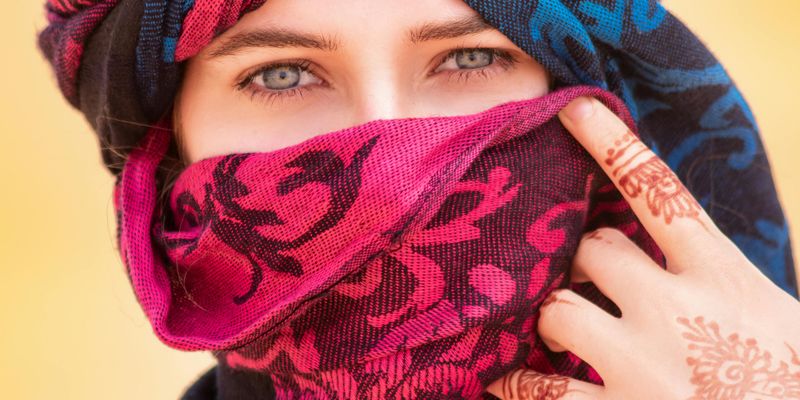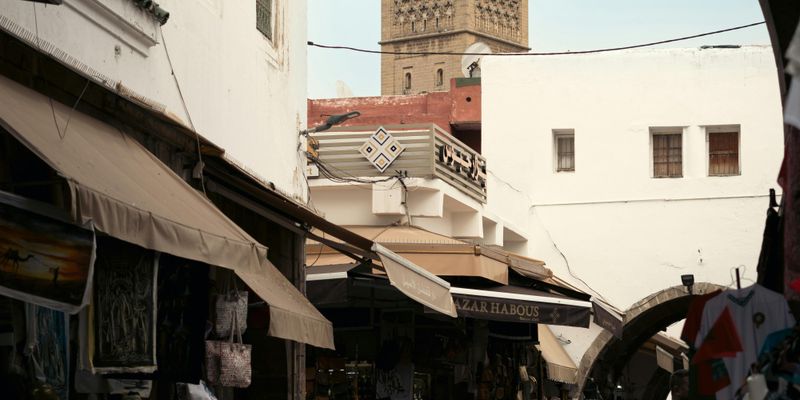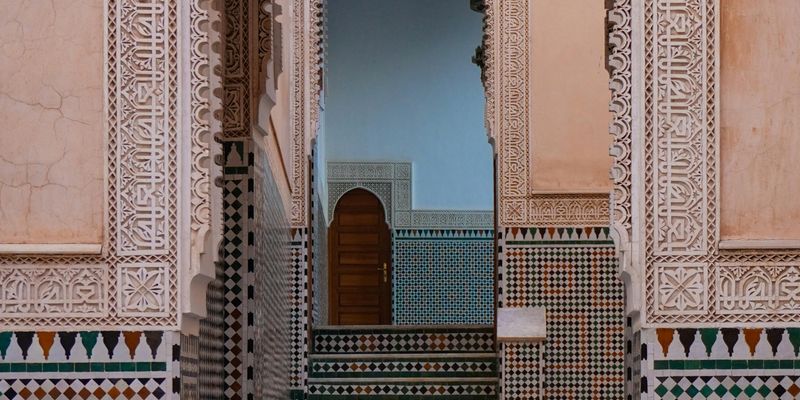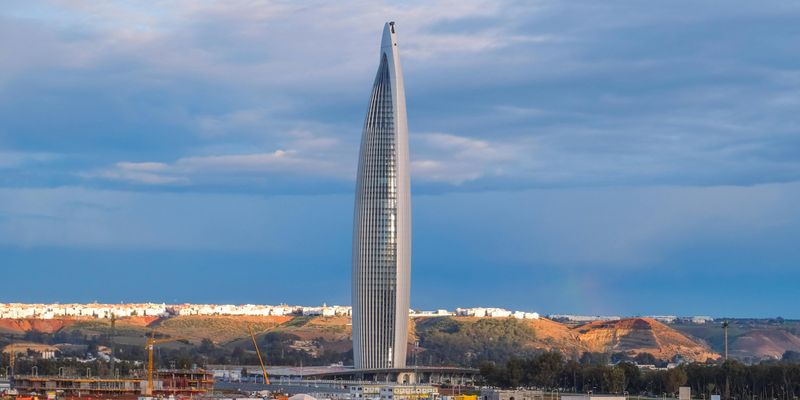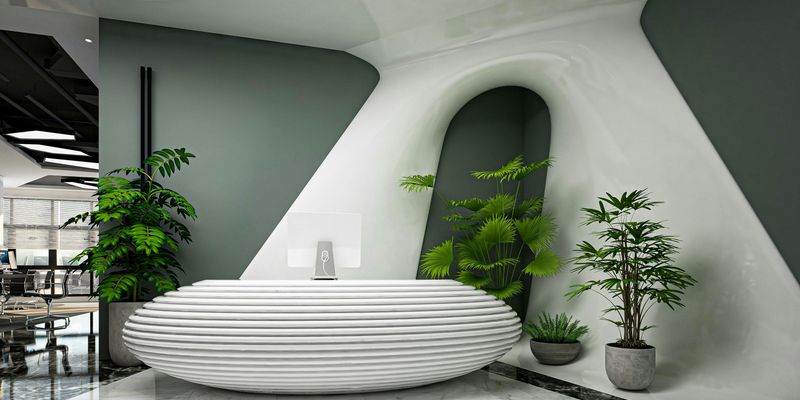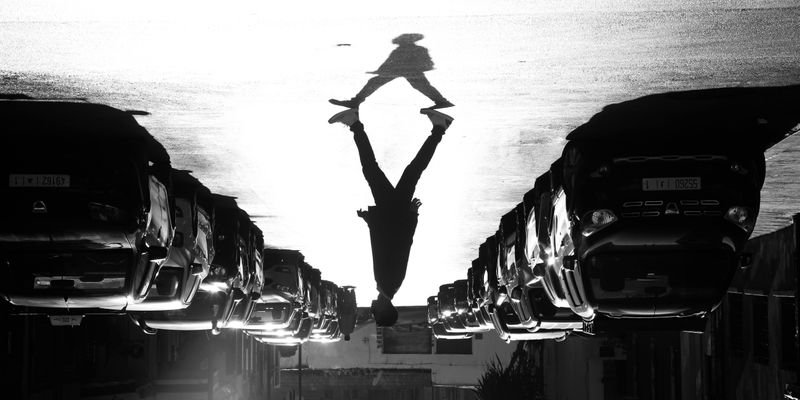
Celebrating the Art of Storytelling
When you think of Morocco, images of vibrant souks, exquisite spices, and stunning landscapes may come to mind. However, hidden beneath the surface of this fascinating country lies a thriving theater scene that richly reflects its diverse culture and history. It deserves a standing ovation, not just for its artistic merit, but also for how it brings communities together.
The Roots of Moroccan Theater
Theater in Morocco has deep roots intertwined with the country’s diverse cultural heritage, stemming from Arab, Berber, and even Andalusian influences. With a range of dramatic techniques and storytelling methods, Moroccan theater is a reflection of our communal values and societal norms.
One of the prevailing forms of traditional Moroccan theater is “Hawzi,” a popular local genre characterized by musical performances infused with humor and poignant social commentary. This style not only entertains but also addresses societal issues and often invokes laughter while provoking thought. It beautifully married verbal wit with vibrant costumes, bringing to life the essence of Moroccan storytelling.
Modern Takes and Cultural Festivals
In recent years, contemporary theater groups like the “Théâtre de la Colline” and the “Théâtre National Mohammed VI” in Marrakech have started showcasing innovative works that challenge conventional narratives surrounding Moroccan identity. They often tackle themes of gender equality, social justice, and cultural heritage, making theater a vehicle for dialogue and introspection within society.
One cannot discuss Moroccan theater without mentioning the annual Festival of Moroccan Theater, held every year in various cities across the kingdom. This festival gathers esteemed and emerging playwrights, actors, and enthusiasts, providing a platform for rich cultural exchange and collaboration. The air is thick with excitement as theater lovers come together to celebrate the artistry of performance, share stories from the heart of Moroccan life, and foster connections across borders.
A Toast to the Bold and the Brave
As a proud Moroccan, I urge international audiences to recognize the incredible effort of theater troupes that strive to bring local stories to the forefront. One standout performance that moved me was a reinterpretation of “Antigone” staged by a group of young Moroccan actors. They infused their characters with the spirit of Moroccan resilience, embedding local dialects and traditions into the text, making it uniquely theirs while resonating with audiences of all backgrounds.
Theater as a Bridge
Beyond entertainment, Moroccan theater acts as a crucial bridge connecting generations and communities. In the bustling city of Fez, for example, traditional theater performances in “Dar Tazi” attract both locals and tourists, enabling a cross-cultural dialogue that transcends language barriers. The shared experience of laughter, joy, and poignant reflection fosters a sense of unity among diverse audiences.
Conclusion: A Call to Support Moroccan Theater
In an age where stories matter more than ever, let us applaud Moroccan theater for its commitment to showcasing an authentic narrative rife with colorful characters and compelling tales. The vibrancy of our theater scene reflects the beauty of our nation—diverse, complex, and welcoming. It’s time to recognize Morocco as a cultural hub where the arts flourish and storytelling thrives.
So, whether you find yourself wandering through the medinas of Marrakech or soaking in the coastal breeze of Essaouira, I encourage you to seek out a local performance. Join me in giving a standing ovation to our phenomenal theater artists, for they are the true heart and soul of Moroccan culture.
